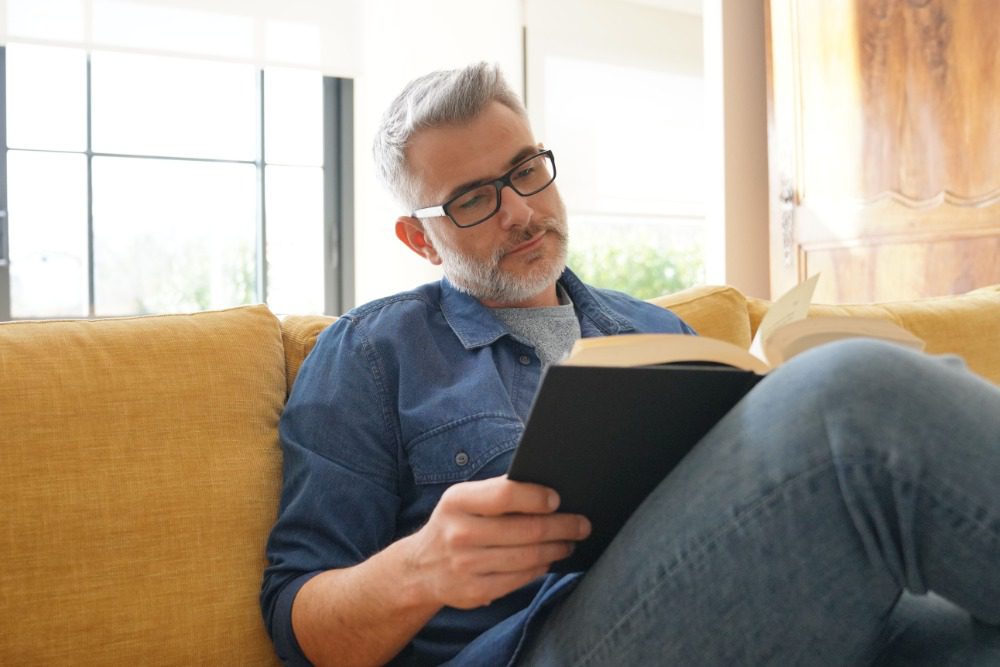How to Fill Your Leisure Time When You’re in Recovery

Although addictive disorders are mostly unique to each individual, recovery means an increase in leisure time as sober individuals. Clients in early recovery often report on the extensive amount of free time afforded them once efforts are no longer focused primarily on continued substance misuse. The question of what to do with this free time can be challenging, choosing between positive and negative ways to fill your time.
The negative spin on this scenario involves feelings of regret with the amount of time spent misusing illicit substances. Those in recovery should be wary of falling prey to this negative perspective as it could lead to the onset of depression and trigger a relapse. Reminiscing about destructive behaviors and missed opportunities in the past can certainly lead to depression. Practicing mindfulness meditation to keep ones’ focus in the present can be a great tool in this scenario to avoid depressive mindsets about past actions.
With a post-treatment and prepared mindset, this free time can also be given a positive spin. Since much of the change in early recovery stages will be incremental and unrecognizable in the present moment, individuals in early recovery will rarely experience a large sweeping change from their treatment progress. This increased leisure time can help those in recovery re-frame their perspective on the positive benefits of sobriety. By living one sober day at a time with an eye toward the future, those in recovery can shift perspectives and maybe even get excited about the opportunities that this free time will afford them. The only existing challenge will be to fill that time and avoid the risks inherent to boredom.
Idle Hands Are the Addicts Tools
At the risk of giving too much credence to the old cliche about idle hands, the adage does hold some truth as boredom can lead many in recovery to contemplate a relapse to old addictive habits. This is especially true for individuals in early recovery who may not be as stable in their sobriety. For starters, many in recovery will have spent much of their pre-treatment leisure time misusing illicit substances. The familiarity of increased free time and previous experience can trigger cravings and a desire to revert to addictive habits. The easiest way to avoid boredom-triggered relapse is filling your free time with activities, whether enjoyable ones or work will even due in a pinch.
Leisure Time as Opportunity
Recovery is a time of discovery, as clients will soon learn that they must re-learn how to accomplish even everyday tasks like socialization as sober individuals. Relearning a lifetime of tasks is plenty to handle in early recovery, and many will become overwhelmed from the mounting pressures to succeed at their sober lifestyle. First off, patients should remember that recovery is a process and sobriety maintenance will take time to master. One way to reduce some of the pressures is to look at early recovery leisure time as an opportunity to explore those things that remained unattainable while using drugs and/or alcohol. The newfound free time should afford them a litany of new opportunities to experience, like dating one’s self, as silly as that sounds. It can be fun to try out a variety of activities or hobbies that individuals never dreamed of trying before. Clients should be sure to include activities that they may think they might enjoy, but should also try out all opportunities to find out which new hobbies/activities suit their sober self best.
Activity List
For those moments of unexpected free time that will occur in recovery, here are some fun, sober activities that clients can explore in their newfound leisure time. Having a list on hand of favorite hobbies or new activities can be helpful to avoid the lull in the constant conversation running through clients’ heads to stay sober and avoiding the unnecessary trigger of boredom.
- Hiking
- Biking
- Rock climbing
- Kayaking
- Reading
- Flying a kite
- Puzzles
- Making model kits
- Livestream movies and television
- Put together puzzles
- Coloring books
- Take up online courses
- Register for community college courses
- Learn to play an instrument
- Taking a walk
- Bird watching
- Playing video games
- Taking up drawing or painting
Substance misuse so often governs the lives of those diagnosed with addictive disorders, consuming the majority of their time and efforts. Those with addictive disorders can gain that time back for themselves and their loved ones by choosing to receive treatment. However, it is important to fill those additional leisure hours with activities to avoid boredom or temptations that trigger a relapse. If you or someone you love has substance misuse issues as a result of an addictive disorder with co-occurring mental health issues, then Choice House has dual-diagnosis treatment services that can help. We offer men treatment for addictive disorders allowing them to achieve initial sobriety as they begin to build a new foundation based on love and empathy. Men will begin to learn about their disorder through our variety of therapeutic modalities as they reconnect with themselves reclaiming control of their lives as sober individuals. Located in the Boulder County area of Colorado, our addiction recovery treatment services include a 90-day inpatient program, an intensive outpatient service, as well as the chance to reside at our sober living campus. For more information regarding Choice House facilities or treatment options, please give us a call at (720) 577-4422.
